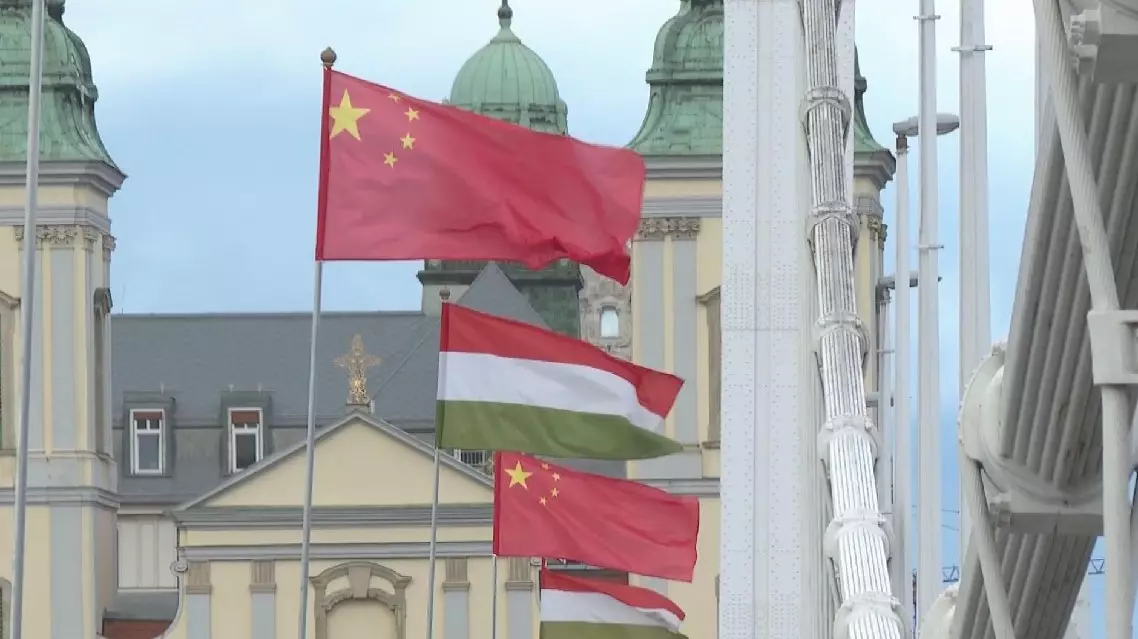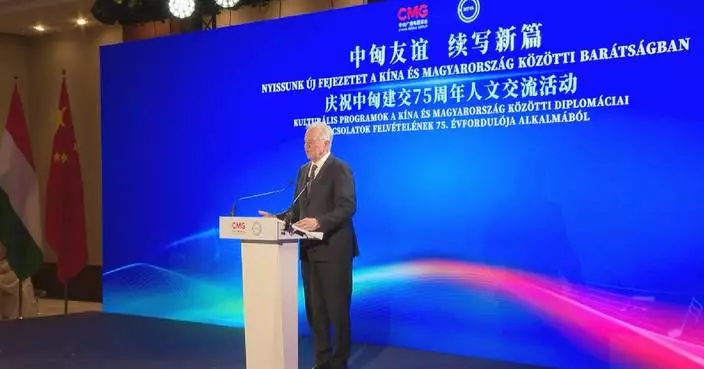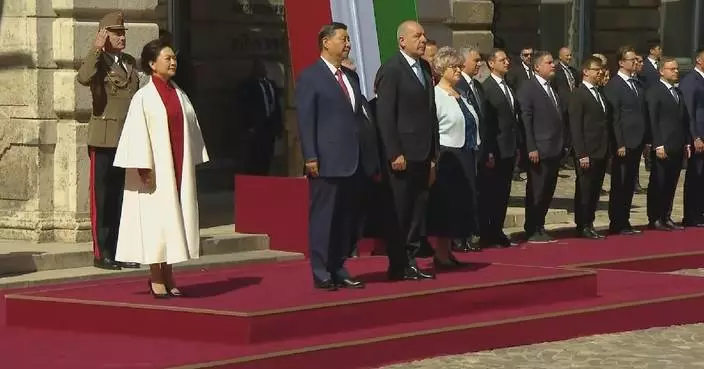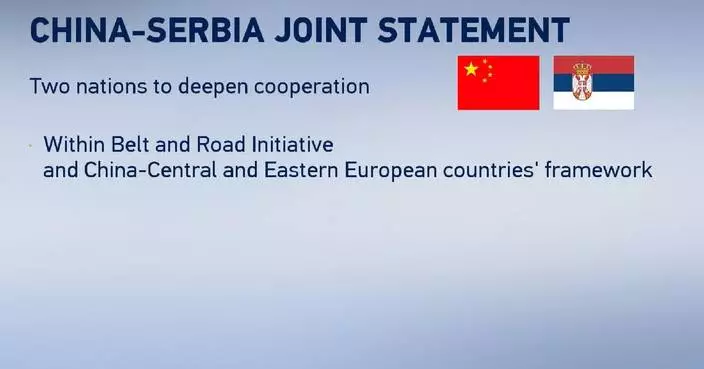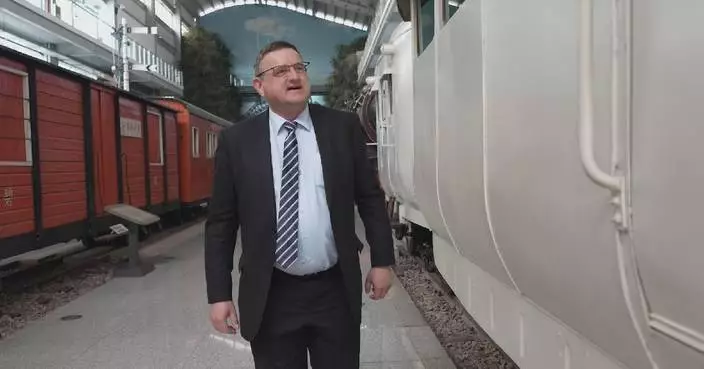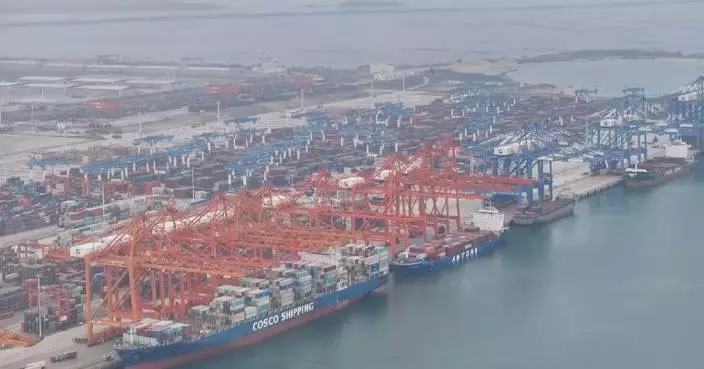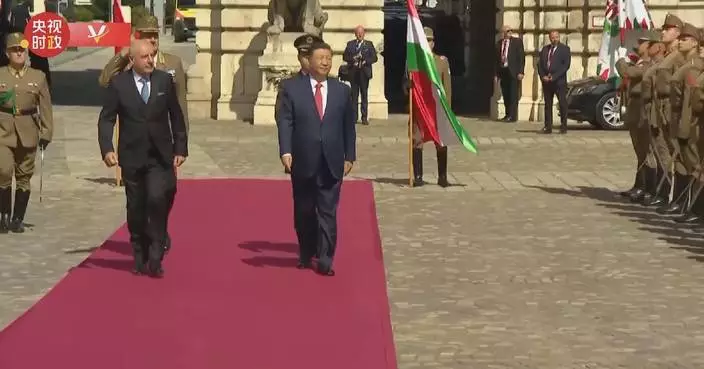China will ultimately achieve complete reunification, and Taiwan is bound to return to the embrace of the motherland, no one should underestimate the firm resolve, strong will and great capability of the Chinese people to defend our sovereignty and territorial integrity, said Chinese Foreign Minister Wang Yi in a written interview with Al Jazeera Media Network recently.
Addressing a question on the Taiwan question given U.S. continued arms sales to the island, Wang responded that Taiwan has been an inseparable part of China since ancient times. The Cairo Declaration jointly issued by the governments of China, the United States and the United Kingdom in 1943 clearly stated that Taiwan, which Japan had stolen from the Chinese, shall be restored to China. The Potsdam Declaration of 1945 to end World War II reiterated in Article 8 that “the terms of the Cairo Declaration shall be carried out.” UN General Assembly Resolution 2758 was another unequivocal recognition of the one-China principle. These legally-binding international instruments are constituents of the postwar international order. They have further consolidated the historical and legal basis of Taiwan being an inalienable part of Chinese territory.
The Taiwan question is entirely China's internal affair, and how to achieve national reunification is a matter for the Chinese people on the two sides of the Taiwan Strait. "We will strive for peaceful reunification with the utmost effort and greatest sincerity. In the meantime, our bottom line is also clear: we will absolutely not allow anyone to separate Taiwan from China in any way," Wang said.
At present, the cross-Strait situation is stable on the whole. But it faces serious challenges as well. The biggest challenge comes from "Taiwan independence" separatist activities and external disruptions. The "Taiwan independence" elements are the troublemakers, and do the biggest harm to cross-Strait stability. Maintaining peace across the Strait inherently means resolutely opposing "Taiwan independence," Wang said.
Yet some countries are giving "Taiwan independence" separatists more and more weapons behind the scenes, in stark contrast to their calls for peace and stability of the Strait. These moves will only increase the risk of conflict and confrontation, and seriously undermine peace and stability in the Strait and the region as a whole, he added.
China will not sit on its hands with external disruptions. No one should underestimate the firm resolve, strong will and great capability of the Chinese people to defend our sovereignty and territorial integrity, he stressed.
As President Xi Jinping has stressed, complete reunification of the motherland is the shared aspiration of the people, the trend of the times and a historical inevitability, and no force can stop it. China will ultimately achieve complete reunification, and Taiwan is bound to return to the embrace of the motherland, Wang said.
China also firmly believes that Middle East countries and the international community will stay committed to the one-China principle and support the Chinese people's just cause of opposing "Taiwan independence" separatist activities and striving for national reunification, he said.
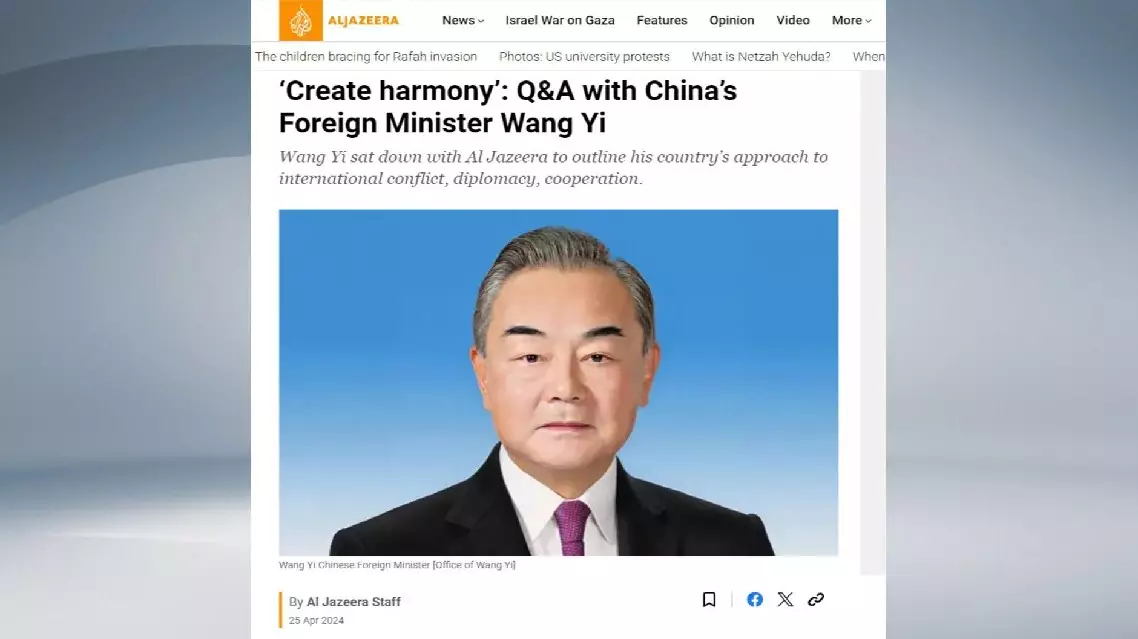
China to ultimately achieve complete reunification: Chinese FM
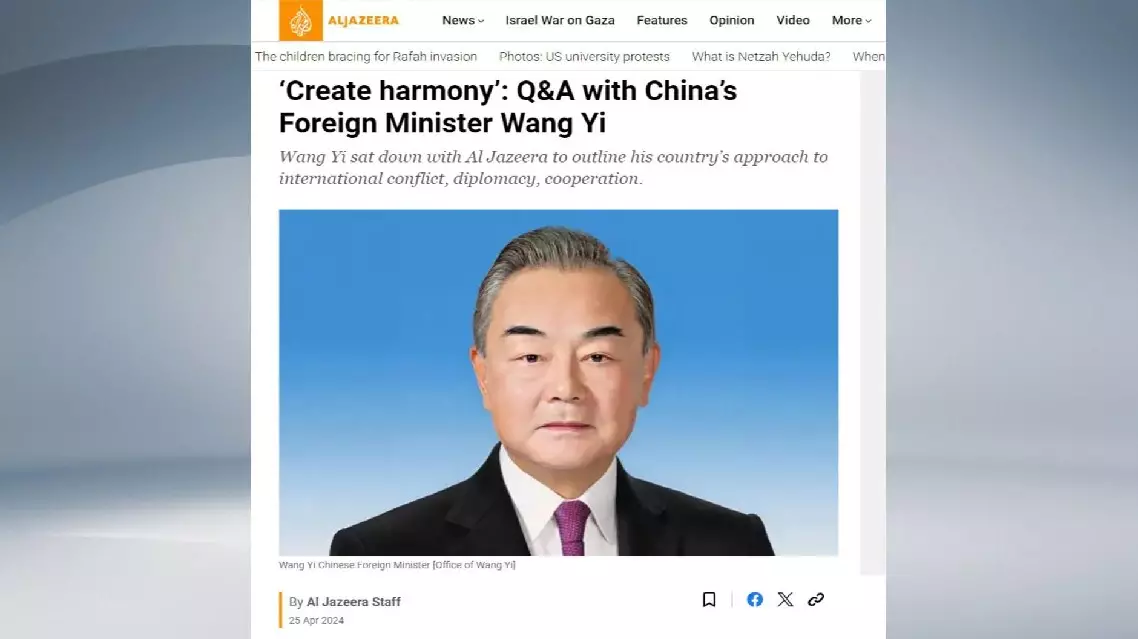
China to ultimately achieve complete reunification: Chinese FM


